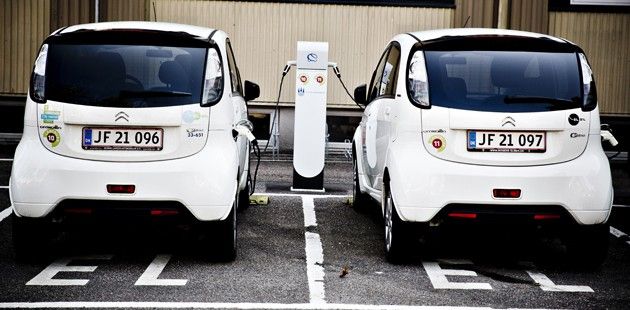A recent report from Denmark’s energy commission (Engergikomissionen) points out that motorists need to get away from reliance on fossil fuels and go over to using electricity if green energy targets are to be met.
“We mustn’t become a developing nation when it comes to electric cars,” Niels B Christiansen, the chairmain of the energy commission, told DR Nyheder.
“We have to build competencies and have a certain critical mass of electric cars to make it attractive for manufacturers to launch their products onto the Danish market,” he added.
READ ALSO: Denmark hands electric cars a much-needed boost
Raising tax = stagnation
Since the taxes on electric cars were increased on January 1, sales have almost completely stagnated. The government, Socialdemokratiet and Radikale have now come to an agreement which ought to stimulate sales again.
Christiansen said that this was positive, although he would have liked to have seen something “a little more ambitious”.
One of the problems is that electric cars are still relatively expensive. However, Christiansen thinks that “at some time between 2020 and 2030, something will really begin to happen on the electric car front”.
In 2016, the tax on electric cars was 20 percent of the registration fee. On January 1 this year, that rose to 40 percent.
The new deal will again reduce the tax to 20 percent. This will remain in force until there are 5,000 new electric cars registered in Denmark, or until January 1 2019, when the tax will again be raised, regardless of whether 5,000 cars have been sold or not.















